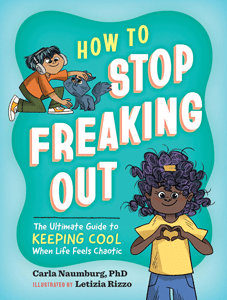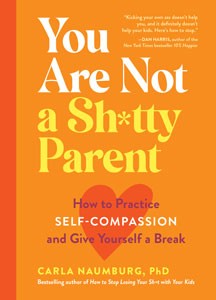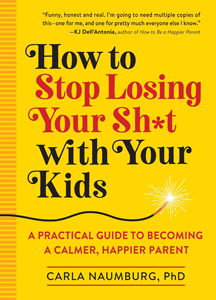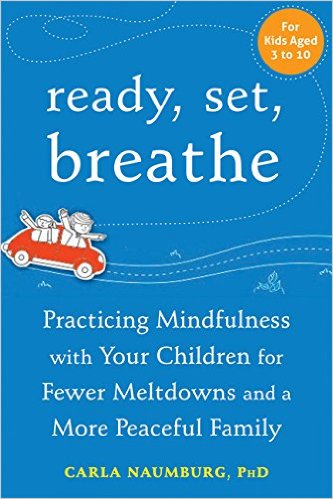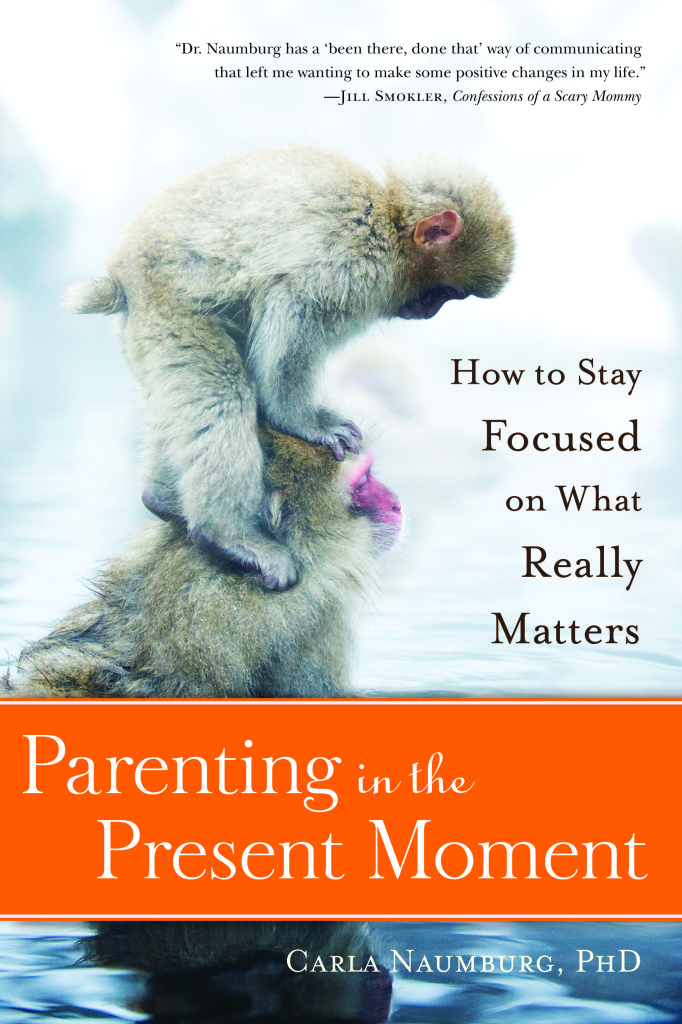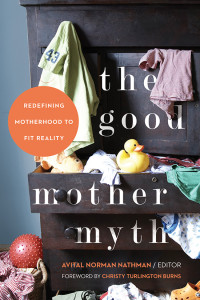“If you do that again, I’m going to be pretty unhappy.”
I made that bold and daring threat to my younger daughter this morning.
Ok, it’s not officially a threat. It was more like a fairly accurate description of what was likely to happen if she continued to be annoying, but I’m sure her six year-old brain heard it as a threat. Either way, I said it.
I say some variation of this to my daughters several times a week. This “threat” has been a fairly frequent visitor recently, thanks not at all to strep and snow days and waaaay too much time together.
And I’m ok with that, because every parent – even the most “mindful” parent (ahem) – needs leverage.
For those of you who need a little refreshing, leverage is “the influence or power used to achieve a desired result.”
In parent talk, this is when we remind our kids that we’re the ones in control, and if they don’t do what we want, we will wield our power in ways that will make them unhappy.
Screen time is one of the most commonly used forms of leverage. You know what I’m talking about. “If you do/don’t do xy or z, then you don’t get your show tonight.”
I used that one on my girls once years ago. They couldn’t pull it together, and I didn’t want to go back on my word, so I took away their show. Their one show. My 20 minutes of sanity that night – poof! – gone. I’m honestly not sure who suffered more as a result, but I do know it wasn’t pleasant for any of us.
I have rarely used screen time as leverage since that evening. I had to figure out something else.
Around that time, I was working on my first book, Parenting in the Present Moment: How to Stay Focused on What Really Matters. As I was researching and writing that book, I got some clarity on one basic truth, perhaps the most basic truth, of parenting.
Our relationship with our children is what matters the most.
Thus, a strong relationship with our children is the best leverage we have.
Our children are highly motivated to connect with us. They are wired to connect with us. They are desperate to feel connected to us.
(Side note: they often suck at showing this, but they’re kids. This whole “human connection” thing is not easy, even for adults, and we’re talking about little humans with only partially formed human brains. I understand that this knowledge doesn’t necessarily make parenting any easier, especially when our children are being little devils, but it’s worth keeping in mind.)
Back to the relationship-as-leverage thing. To be very, very clear, I’m NOT saying that we should threaten to withdraw our affection or connection to get our children to do what we want. Not at all. If you go back to what I said to my daughter, I was focused on my feelings, not on our relationship.
I did NOT say, “If you do that again, I won’t love you anymore.”
Please don’t say that, or any version of that. Ever. (Hopefully I don’t need to say more about this, but please let me know if I do.)
What I did was clarify the impact that her actions would have on my feelings. The truth is that I likely would have felt unhappy either way, but if I hadn’t explained the connection between her behavior and my feelings to her, she might not have figured it out on her own.
And sometimes explaining that connection is all the leverage we need.
As I mentioned before, my kiddo is motivated to stay connected to me, so she doesn’t want to do something that will get me angry. She stopped being annoying (for at least five minutes, so I’m calling that a win), and I didn’t have to deal with the fallout (for all of us) of taking away a toy or screen or experience or whatever.
Of course, she’s old enough to respond to logic (most of the time), and in that moment, she was calm enough to hear what I was saying, and I was calm enough to say it before I lost my cool. That doesn’t always happen, but it’s something I try for whenever possible.
One more point about this whole leverage business – it gets increasingly tricky as our kids get older. A young child can bounce back and reconnect pretty quickly after losing a show or an outing, but as our kids become tweens and teens, we need to take away more and more in order the leverage to be effective, and they hold grudges for longer and longer. That’s when problematic leverage can really damage our connection with our kids, and as any parent of a college student can tell you, it won’t be too long before relationship with our children is literally all we have. (Excuse me while I weep for a minute.)
So, here’s the catch (because there’s always a catch): you have to have a good (or good enough!) relationship with your children for this to work. They have to feel connected enough to you to care about your feelings, and to not want to hurt them.
If you’re looking for a new source of leverage over your children, go back to your relationship and reconnect with them. And even if you’re not looking for a new source of leverage, go back to your relationship and reconnect with them.
Either way, you can’t go wrong, and you might even get five minutes of peace out of it.
This piece originally appeared on my Mindful Parenting blog on PsychCentral.
Want more Mindful Parenting? Follow me on Facebook or Twitter, or sign up for my infrequent and not-at-all annoying newsletter.

